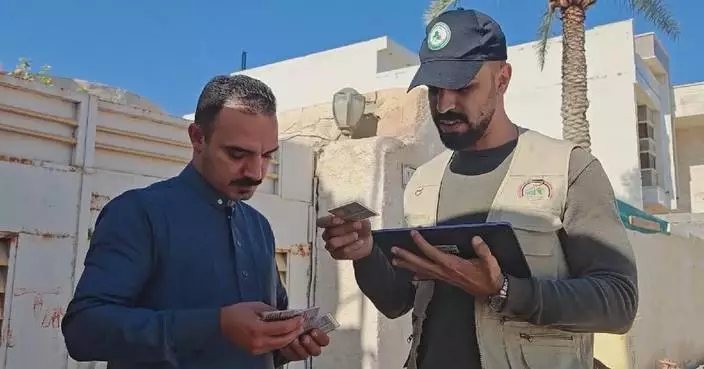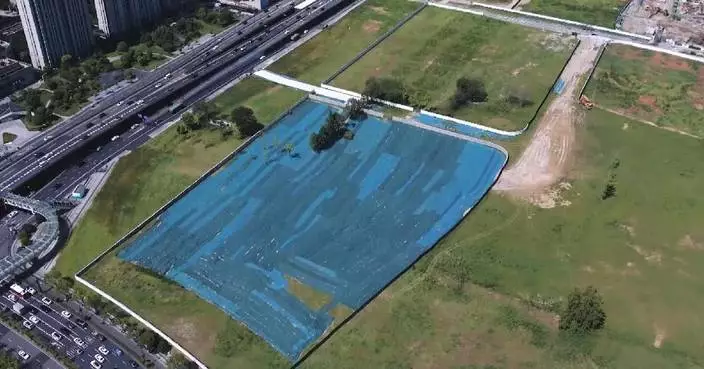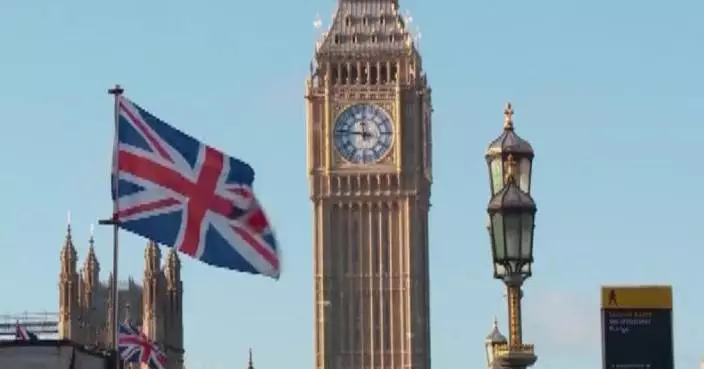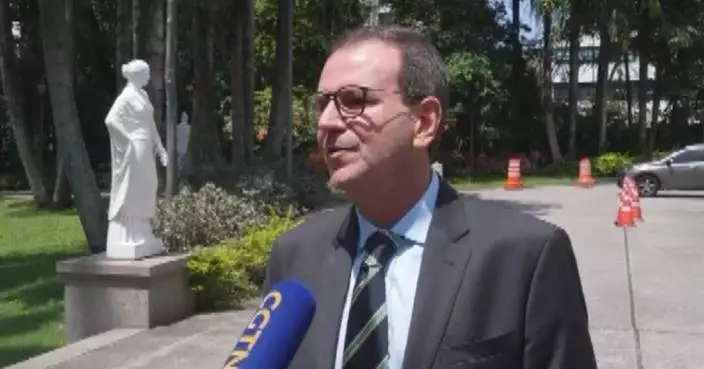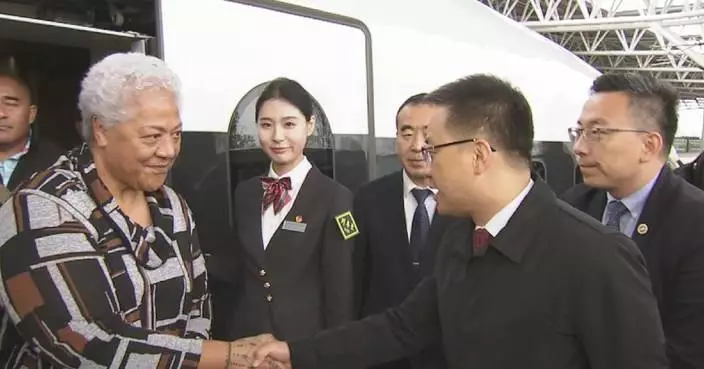Health workers in Zimbabwe have welcomed a return to normalcy at facilities which had been dealing with cholera for nearly 18 months.
The southern African nation declared the end of a cholera outbreak earlier this month after going more than 30 days without recording any new cases.
Between November last year and June of this year, Kuwadzana, a high-density suburb in the capital Harare, was the epicenter of a cholera outbreak.
An average of 90 patients sought treatment at this clinic every day during that period.
"It was so challenging. At that time there were few nurses to cater for all those patients, but later on the Ministry of Health chipped in and we got more nurses from other facilities to come and help us," said Prisca Ndoro, a nurse working at the clinic.
Most of the people Ndoro treated required urgent rehydration and in some extreme cases referral to the main national treatment center. Two of her patients didn't make it.
"By the time that they reached here, it was too late," she said.
Ndoro said late detection is the biggest risk when it comes to the diarrheal disease.
She and other health workers welcome rapid test kits and hailed them for being a game changer in reducing uncertainty in patient care.
"Some of them they even come in a comatose condition. Some of them would not be able to drink or walk or speak. And with the use of rapid cholera test kits, it's so easy to diagnose the patients. So we could test before treating. So we can be so sure that this is cholera," said Ndoro.
At the peak of the outbreak, a dedicated treatment bay was set up to intercept cholera cases at the entrance of the clinic.
Though the outbreak is over, the Kuwadzana community remains vigilant.
"We are happy that there are no more cases. It's now back to normal, but we are still practicing the preventive measures. We are scared because of how badly the disease hit this area," said Sabinah Mtengiswa, a food vendor.
Zimbabwe recorded more than 700 deaths and about 34,000 cases during the outbreak, which stretched for almost a year and a half.
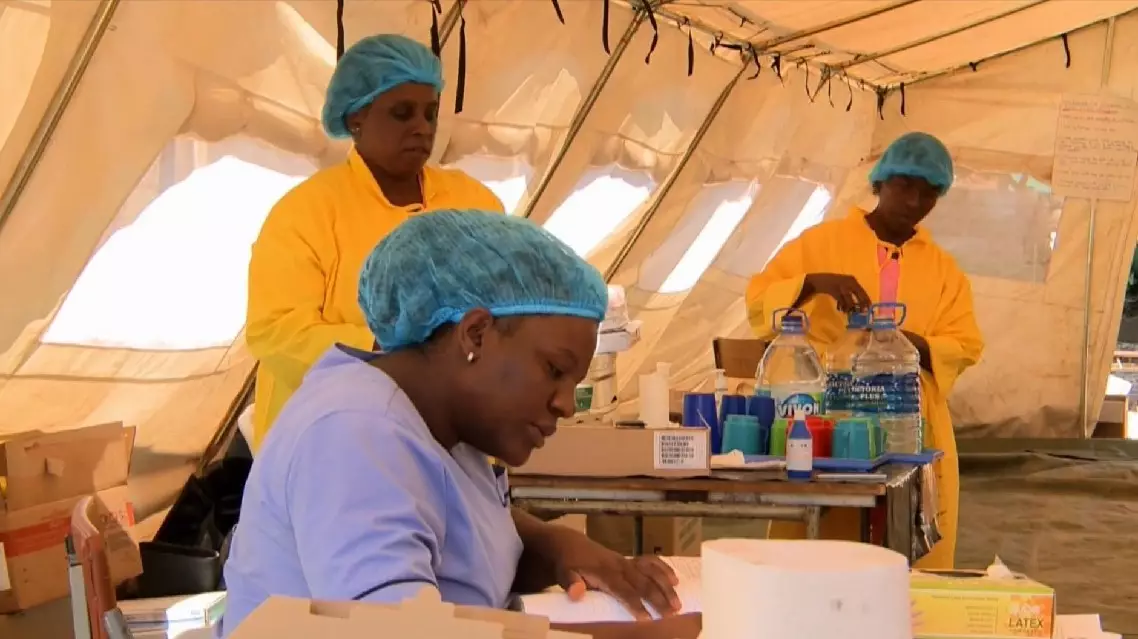
Zimbabwean health workers welcome return to normalcy as cholera outbreak ends
International leaders and analysts expressed strong support for Chinese President Xi Jinping's recent speeches at the 19th G20 summit, highlighting his proposals for enhancing global development and governance.
At Session I of the 19th G20 Summit on Fight Against Hunger and Poverty held in Rio de Janeiro on Monday, Xi said that China is ready to work with all parties to build a just world of common development, and outlined China's eight actions for global development.
Canadian economist Mark Kruger noted that the eight actions, such as providing zero-tariff treatment for products from least developed countries that have diplomatic relations with China and supporting the G20 in promoting cooperation to benefit the Global South, are pivotal for addressing global poverty and combating climate change, which are among the top priorities of the G20.
"I think it's very good that President Xi has come up with these eight actions, because they can enable China to position itself as a country who is interested in rules-based trade and investment, sustainable development and international cooperation. All climate change and the poverty reduction practical steps that President Xi has taken among his eight actions can do a lot to help global poverty. In Peru, we now see this opening of the port of Chancay. And the Peruvian officials say that this port, which was part of the Belt and Road Initiative and which was created with Chinese investment, will turn Peru into the Singapore of south America. China is supporting the G20 road map to increase investment in clean energy in developing countries. And the investment that China has made in wind power and solar power have drastically reduced the cost of these technologies, making them competitive now with fossil fuels and making it much easier for developing countries to embrace these technologies," he said.
In his speech, Xi stressed the importance of increased resources in trade, investment and development cooperation, and the strengthening of development institutions. He called for more bridges of cooperation, and less "small yard, high fence" to improve living standards and modernization in developing countries.
Gustavo Girado, director of the Center for Sino-Latin American Research Studies in Argentina, expressed his admiration for Xi's metaphor.
"In my view, President Xi's speech has pointed out the direction the world should strive for from now on. Therefore, developing economies should recognize that China has become their advocate in global affairs. Xi's repeated use of the metaphor 'small yard, high fence' illustrates the difficulties these fences pose for the progress of developing economies. Through this metaphor, President Xi calls for solidarity among developing economies to find win-win cooperation mechanisms, to seek a common backing to gain greater political power in negotiations, to speak with a common voice in front of the developed economies, and overcome the 'high fences' that impede our progress," Giraldo said.
At Session II of the 19th G20 Summit on Monday, Xi called for building a world economy characterized by cooperation, stability, openness, innovation, and eco-friendliness, which is believed to show China's strong will to help foster a fair and reasonable global governance system.
"Xi's remarks reflect China's commitment to building a world economy characterized by cooperation and openness. This statement is positive and proactive. We live in a globalized world where all countries are interdependent and build bridges based on consensus. The speech covers many important aspects, including economic, financial, trade, and ecological issues, with a call to promote international consensus. Today, China holds global influence and has reached strategic cooperation with many countries in various fields," said Anderson Pedroso, president of the Pontifical Catholic University of Rio de Janeiro.
Saudi political commentator Khalid noted that Xi's address articulated China's vision, particularly regarding global financial governance reform. He stressed the need for increased representation of developing countries in international organizations like the World Bank and the International Monetary Fund (IMF).
"There are many developing countries, as well as developed ones. Developed nations need to pay more attention to helping developing countries, which in turn need to enhance their voice in international organizations. The World Bank, IMF, and all other international organizations should provide services fairly and without discrimination to all nations and their people. However, we currently see significant disparities between the Global South and North, with existing international systems exacerbating this divide," Khalid said.
Vitaly Mankevich, president of the Russian-Asian Union of Industrialists and Entrepreneurs, asserted that under Xi's proposed concepts and initiatives, China will continue to play a leading role in global development, driving the shared progress of partner countries.
"We believe that China will continue to be the locomotive of the global economy. President Xi's Belt and Road Initiative is based on global developmental considerations, aiming to cooperate on infrastructure projects with neighboring and partner countries and to develop tariff-free trade with developing nations, especially in trade with African countries. This illustrates that every partner can benefit from cooperation with China and gain access to the Chinese market. The most important concept in Xi's vision of a community with a shared future for mankind is the people. People will drive global development and facilitate the achievement of new goals. In this process, China is the focal point of the world," Mankevich said.
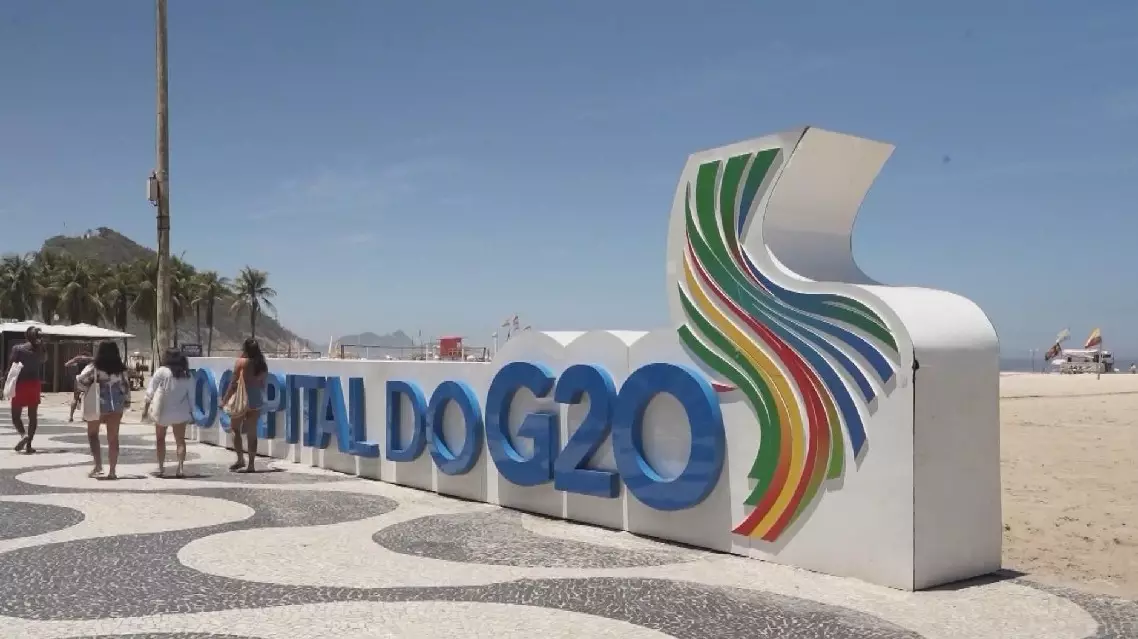
Global observers praise Xi Jinping's G20 speech on global development
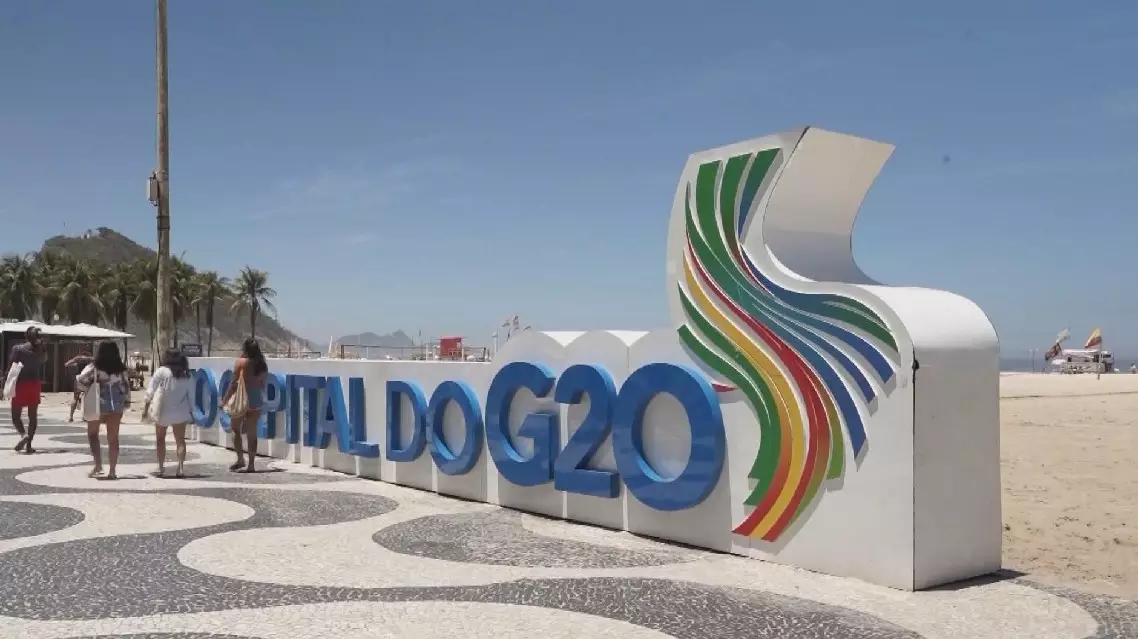
Global observers praise Xi Jinping's G20 speech on global development





